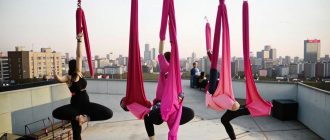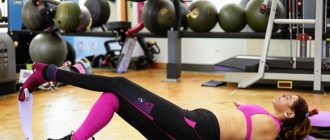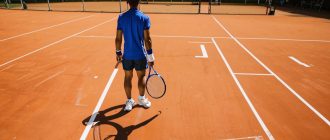Exercise “corner” for the abs: 3 variants of technique and trainer’s tips
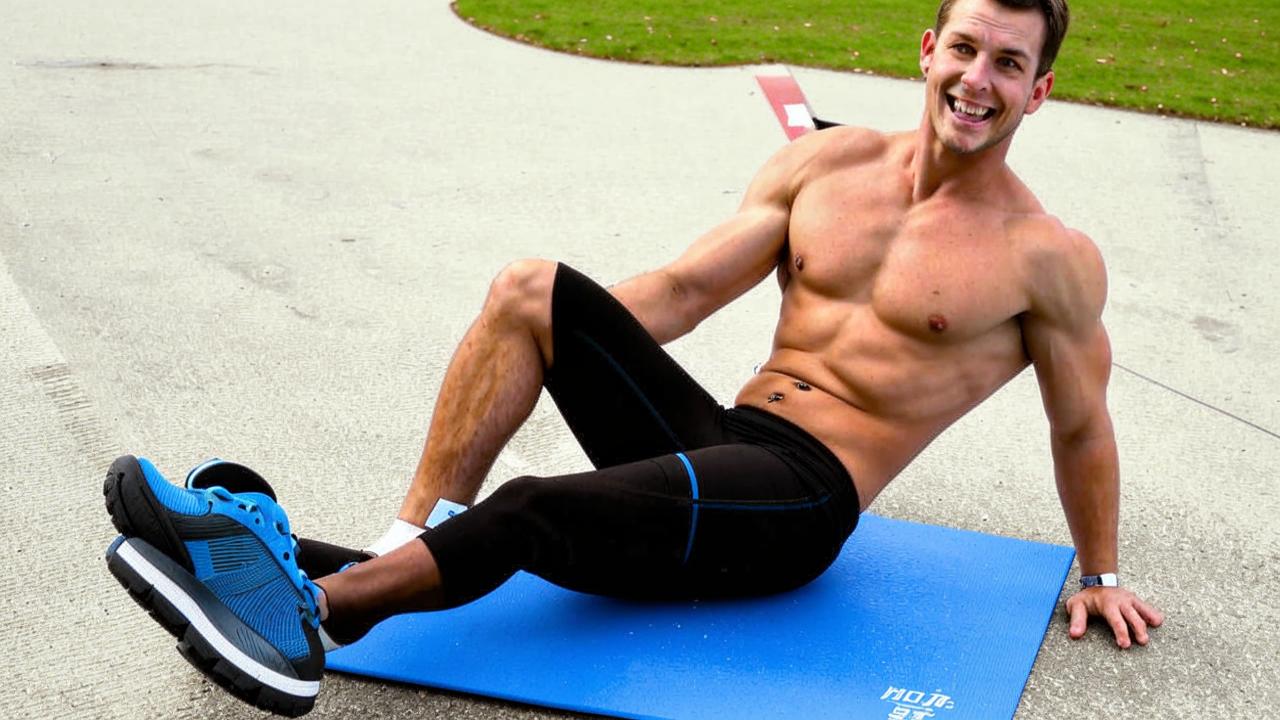
When you do them, you’ll be able to work not only your deep abdominal muscles, but also your back and legs.
When the usual twists are no longer effective or boring, it’s time to look for new ways to pump your abs. To add variety to your workouts, you can try the “corner” exercise. It is aimed at developing the static strength of the abdominal muscles and is suitable for the average level of training and above. We will talk more about the features and techniques of execution together with the trainer in this article.
Benefits of the exercise
Master trainer of the Pride Fitness chain of fitness clubs
“The “corner” exercise is one of the most effective static exercises for training the abs.
Execution requires good muscle control, so beginners may find it difficult. The essence is to hold the position of the body, at which the angle between the body and legs is 90 degrees. All parts of the body are involved: the legs, body and arms are in tension.
The main load will lie on the rectus and oblique muscles of the abdomen. An important role is played by the stabilizer muscles, they are connected to hold an unstable position. At this point, deep abdominal muscles are also engaged, which are not included in the work of dynamic exercises. Another benefit of this static exercise is that it increases the flexibility of ligaments and tendons when performed regularly.
The “corner” has three variants of execution, which involve slightly different muscles. In the version on the bar, the load falls on the shoulders and arms, developing the grip. The same muscles are involved in the exercise with the support of the forearms. In the version on the floor, the hands do not play such a big role, but the back is loaded more actively, because the body must be held at an angle, not perpendicular to the floor, as in other cases.
Contraindications
When choosing complicated exercises, it is important to take into account the peculiarities of your body. There are factors that limit the performance. In the case of the “corner” they include:
- pain sensations in the lower back, from minor to severe;
- protrusions, herniated discs and other spinal injuries;
- elbow pain, arm injuries (for the bar and wall variants);
- spinal injuries;
- recovery period after surgery;
- inflammation;
- pregnancy, postpartum period.
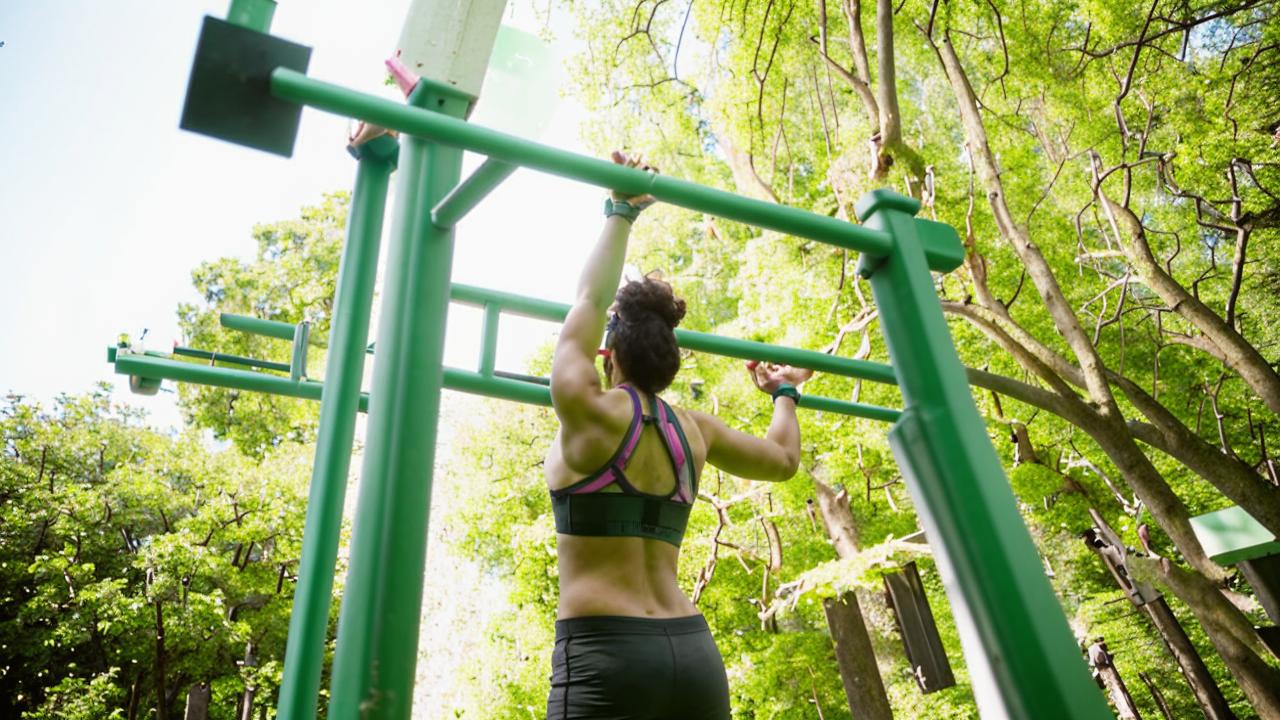
How to perform the exercise “corner”: 3 variants
Corner on the floor
Technique
- Sit on the floor, legs stretched out in front of you, back straight.
- Raise your legs up to 30-40 degrees, keep them straight. Tilt the body slightly backwards. Extend your arms along the body or in front of you. The angle between the body and the hips is approximately 90 degrees.
- Find your balance and hold the position for 20-30 seconds. Do not round your back or bend your legs.
- Lower your legs smoothly back to the floor.
Corner on the bar
Technique
- Grasp the bar with a straight grip at shoulder width. Tense your abs, keep your back straight, try not to sag in the shoulders.
- Raise straight legs up to a 90 degree angle between the body and legs.
- Hold the position. Do not sway or bend your knees.
- Lower your legs slowly downward, step off the tourniquet.
Do two or three approaches for 20-30 seconds to start with. After a while, you can increase to five approaches of 40-60 seconds.
Corner with support on the forearms
Technique
- Position yourself with your back against the wall. Bend your arms, fix your forearms tightly on the bars.
- Shift your weight to your hands, extend your legs down. Do not sag in the shoulders. Your back is pressed against the support.
- Lift straight legs up to a 90-degree angle between the body and legs.
- Hold the position. Do not bend your knees.
- Lower your legs slowly downward. Stand on the supports.
Perform two or three approaches of 20-30 seconds to start with. After a while, you can increase to five approaches of 40-60 seconds.
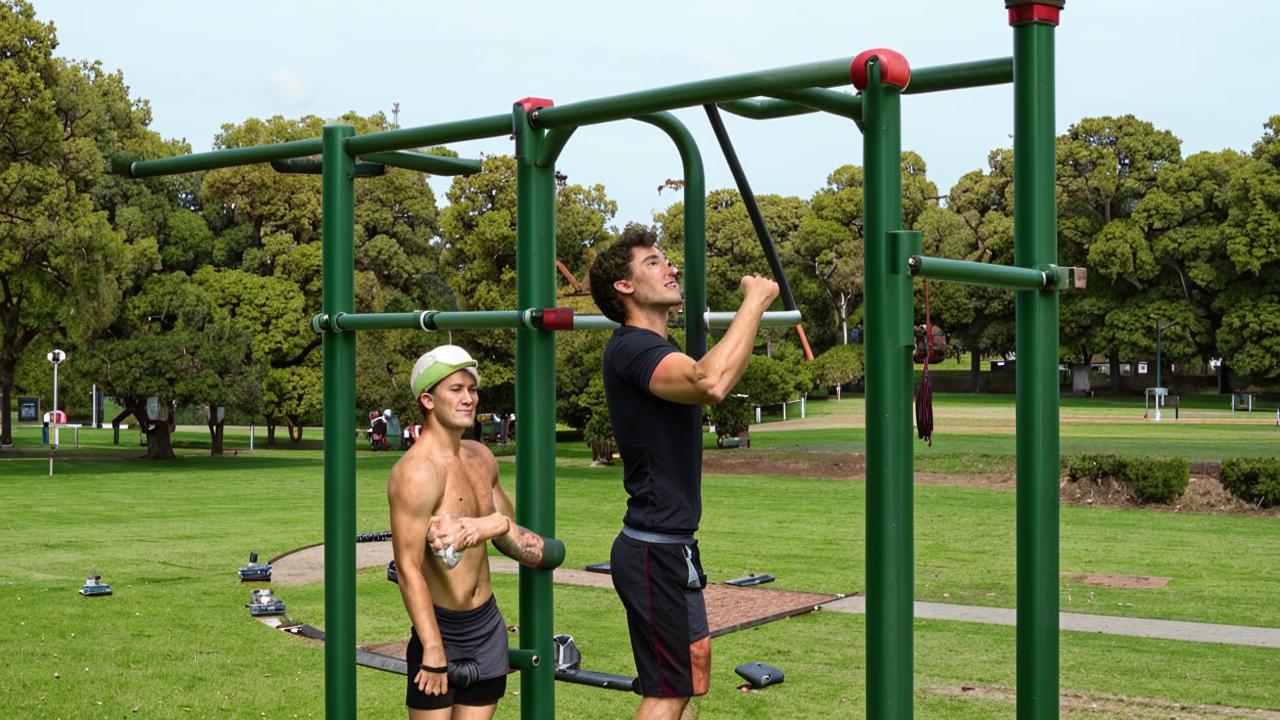
Choose the variation that suits you and add the corner to your workout plan. It will perfectly diversify your exercises and effectively pump your abdominal muscles.



